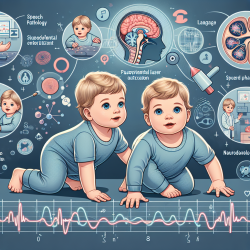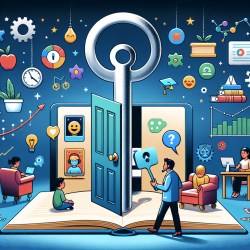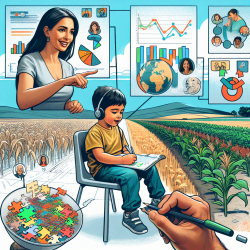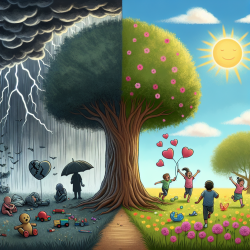Unpacking the Buzz: Coffee, Energy Drinks, and College Freshmen
As a Special Education Director, understanding the broader context of student health behaviors can be instrumental in supporting our students. A recent study titled "Coffee and energy drink use patterns in college freshmen: associations with adverse health behaviors and risk factors" provides valuable insights into the consumption patterns of caffeine among college students and its associations with other health behaviors.
The Study at a Glance
The research focused on a sample of 1,986 college freshmen, examining their consumption of coffee and energy drinks (EDs) and its correlation with alcohol, tobacco, and other drug use. It also explored familial risk factors such as parental substance abuse and mental health issues.
Key Findings
- Caffeine Use Groups: Students were categorized into three groups: those who consumed both coffee and EDs, those who consumed only coffee, and those who consumed neither.
- Substance Use Patterns: The study found that students consuming both coffee and EDs were more likely to engage in alcohol and drug use compared to those who consumed only coffee or neither.
- Familial Risk Factors: There was a notable association between students who consumed caffeine and a family history of substance abuse and mental health issues.
Implications for Practitioners
For practitioners working with college students, these findings underscore the importance of considering caffeine consumption as part of a broader assessment of student health behaviors. Here are some ways to apply these insights:
- Screening and Assessment: Incorporate questions about caffeine consumption into routine health assessments to identify students who may be at risk for substance use issues.
- Education and Awareness: Educate students about the potential risks associated with high caffeine intake, especially when combined with other substances.
- Parental Involvement: Engage parents in discussions about their own substance use history and its potential impact on their children.
Encouraging Further Research
This study opens the door for further research into the mechanisms linking caffeine consumption with other risky behaviors. Practitioners are encouraged to stay informed about new findings and consider participating in or supporting ongoing research efforts.
To read the original research paper, please follow this link: Coffee and energy drink use patterns in college freshmen: associations with adverse health behaviors and risk factors.










